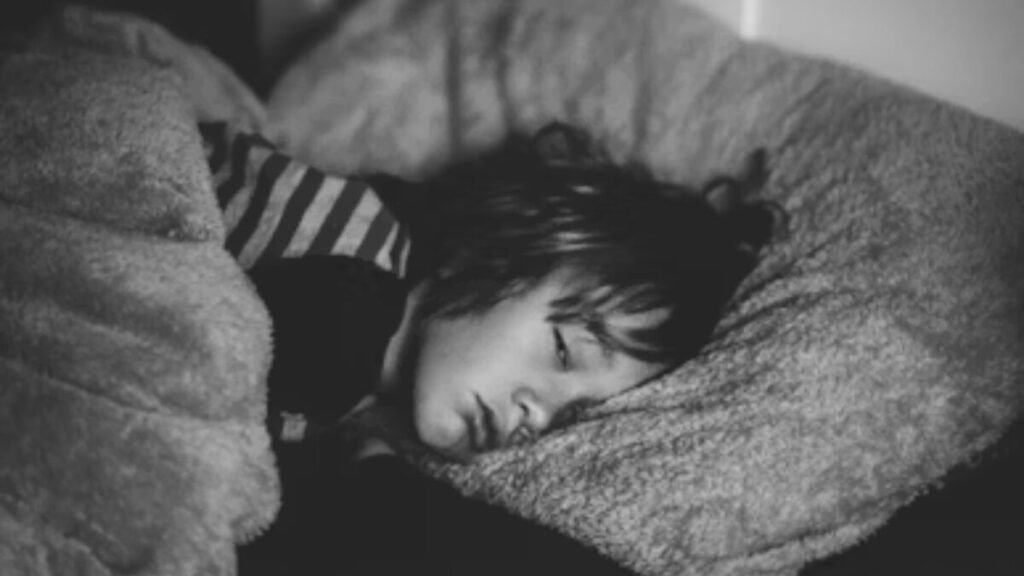Oversleeping: The Surprising Health Risks Revealed by Harvard

For years, the idea was simple: the more you sleep, the better you feel. But a new study is shaking things up. It turns out that both too little and too much sleep can actually mess with your rest quality.
Finding the Right Balance
The study looked at the sleep habits of 1,853 adults aged 27 to 85, with an average age of 50. And get this: even if they weren’t depressed or popping pills, folks who snoozed less than six hours or more than nine had trouble focusing and remembering stuff. And the biggest predictor of brain power? You guessed it – sleep duration.
The Dangers of Oversleeping and its Possible Causes
But why is too much sleep a bad thing? Well, it messes with your body clock, making your brain feel all out of whack. Plus, it often goes hand in hand with lazing around and feeling a bit lonely, which aren’t great for your health. Oversleeping has also been linked to stuff like diabetes, heart issues, and mood swings. So, more time in bed doesn’t always mean better z’s.
The Key: Finding the Middle Ground
Experts say the sweet spot is between seven and eight hours of shut-eye. Folks who hit this target had sharper memories, quicker minds, and better moods. Looks like balance – not just more sleep – is the real secret to feeling good in the long run.






